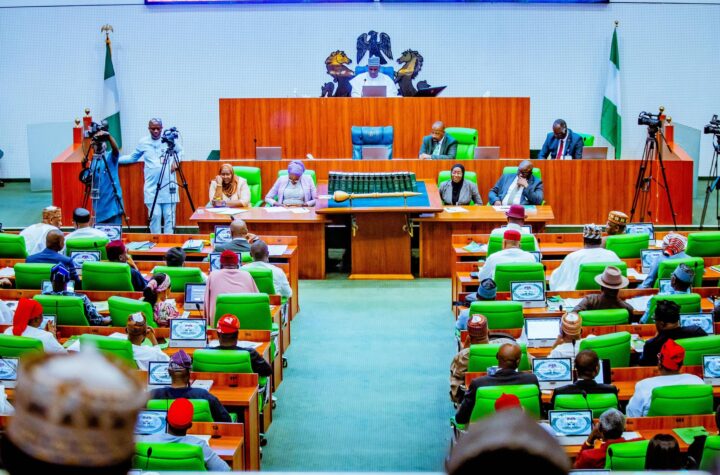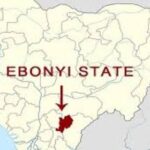By Mercy Aikoye
The House of Representatives has launched an investigation into the alleged abuse of tax incentives, waivers, and exemptions granted to companies, which is reportedly costing Nigeria a staggering ₦8 trillion annually in lost revenue.
This resolution was reached after a motion was adopted on the urgent need to probe the indiscriminate use and misuse of tax incentives. Lawmakers are concerned that these incentives have created a significant financial burden for the federal government.
According to the sponsor of the motion, tax incentives are a common fiscal tool used by governments to stimulate economic growth. However, in Nigeria, these incentives have been largely abused by beneficiary companies, leading to significant revenue losses.
Data cited by the lawmaker reveals that out of the ₦8 trillion lost annually, an estimated ₦6 trillion is attributed to corporate entities that exploit loopholes in the system. In contrast, only ₦2 trillion worth of waivers genuinely contribute to the government’s economic objectives.
The abuses are reportedly stemming from various sources, including capital allowances, investment allowances, Pioneer Status Incentives, Free Trade Zone exemptions, and Value Added Tax (VAT) exemptions. This has contributed to Nigeria’s low Tax-to-GDP ratio of 10.6%, one of the lowest in Africa.
As a result, the federal government has been forced to rely heavily on loans, grants, and foreign aid to bridge its widening budget deficit. The lawmaker warned that if urgent steps are not taken to investigate this situation, Nigeria may find itself on a fiscal cliff, likening the economic risks to Venezuela’s financial crisis.
The House has mandated its Committees on Industry, Finance, and Commerce to conduct a thorough investigation into the alleged abuses and report back within four weeks. The outcome of the probe is expected to inform policy decisions aimed at reforming Nigeria’s tax incentive framework and plugging revenue leakages.
This investigation is a crucial step towards addressing the issue of tax waiver abuse and ensuring that Nigeria’s tax incentive framework is fair, transparent, and effective in promoting economic growth and development.



